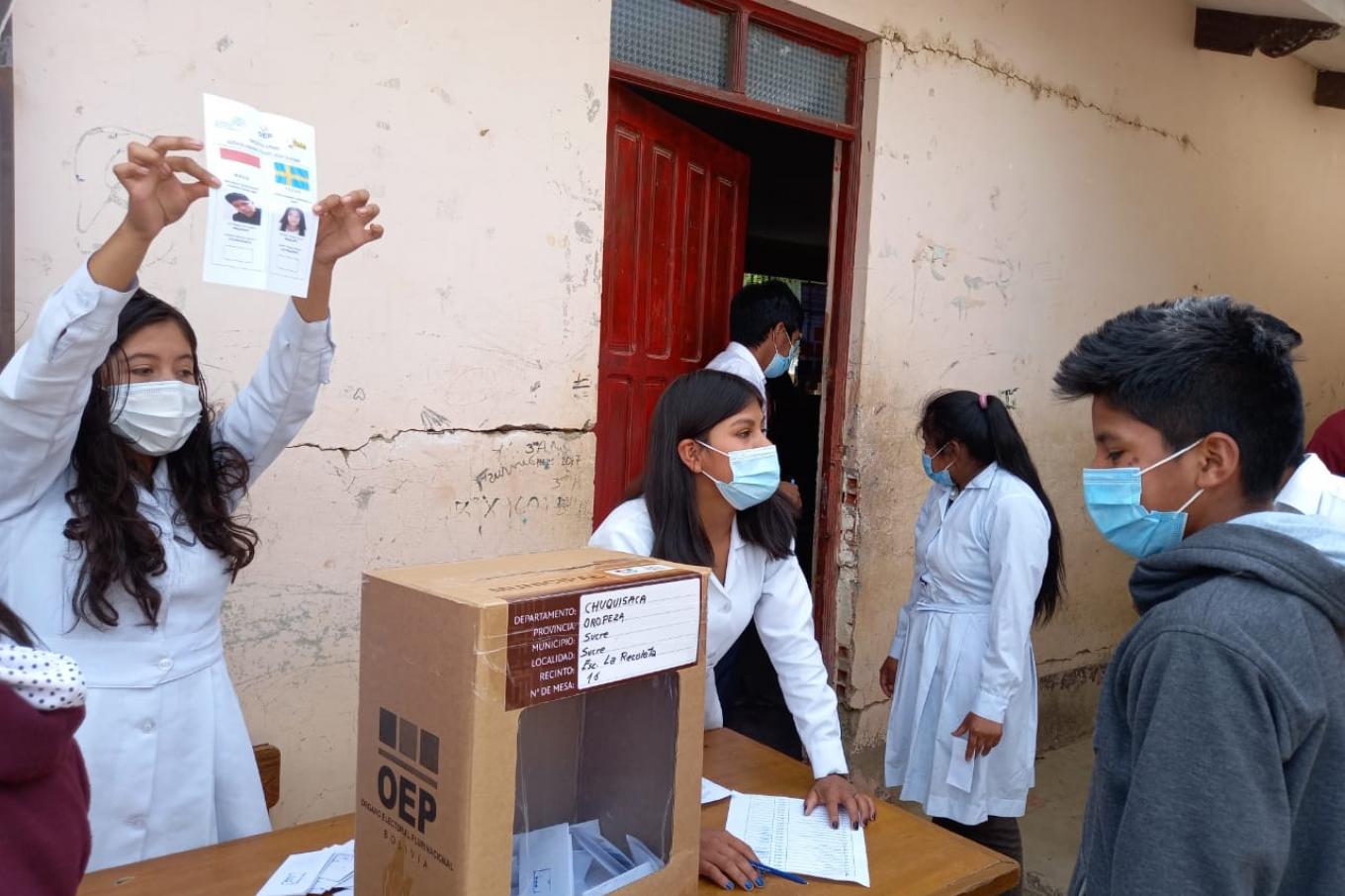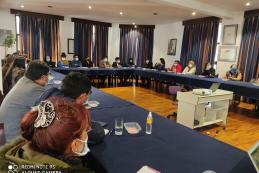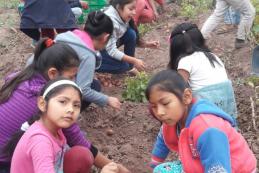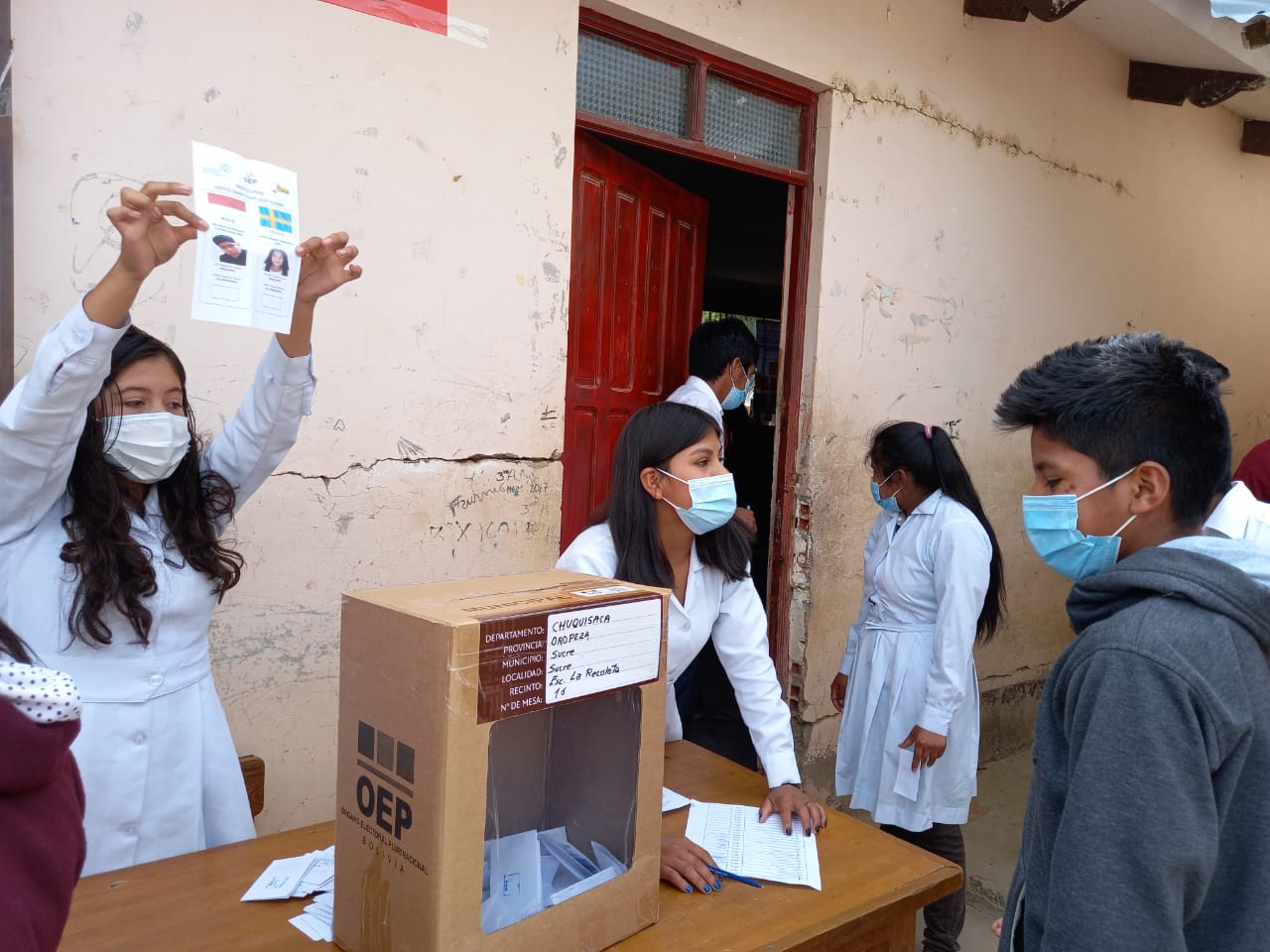
Intra/interculturality and depatriarchialisation of education in Bolivia
We are an alliance of two Bolivian educational institutions, Centro de Multiservicios Educativos (CEMSE) and Acción Cultural Loyola (ACLO); we are committed to promoting inclusion and equity policies in public education. We aim to help girls, boys, and teenagers belonging to indigenous ethnics to exercise the right to a quality, public and free education.
In the last 15 years, our country has achieved significant progress in access to basic education at primary and secondary levels. However, historical exclusion continues to exist, and the Covid19 pandemic has made it more evident. Access to quality education is still conditioned by social origin, economic situation, ethnic identity, and gender, among other aspects. Thanks to the persistent mobilization of indigenous people, the Bolivian educational system currently includes innovative policies of inclusion and equity that integrate principles of interculturality, multilingualism, and gender approach. Nevertheless, there is little progress in implementing these innovations.
The project financed by Education Out Loud will articulate and expand voices, learnings, and proposals from organizations and social actors so that authorities will establish clear pedagogic guidelines and assign sufficient funding to apply interculturality, multilingualism, and gender equity principles in public schools, especially in regions where native indigenous population identifies itself as Aymara, Quechua, and Guarani.
When starting the project implementation, this year's activities aim to:
- Support the election of student governments and educational councils as organizations for community social participation in education.
- Train educational actors in participation and social vigilance in applying policies and budgets for inclusion and educational equity.
- Install dialogues between educational authorities, teachers, students, community authorities, and social leaders to exchange expectations, needs, and demands.
- Publish pedagogical guidelines to apply regionalized curricula in schools, prepared by Aymara, Quechua, and Guaraní educational councils and institutes.
- Exchange experiences in the use and teaching of the Aymara, Quechua, and Guarani languages in regular education centers among teachers, researchers, and activists in education.
- Spread awareness messages promoting educational inclusion of Aymara, Quechua, and Guaraní indigenous peoples through local radios and virtual platforms.
If you are interested in obtaining more information about our project or participating in an event scheduled this year, please get in touch with the national coordinator, Carmen Carrasco.


